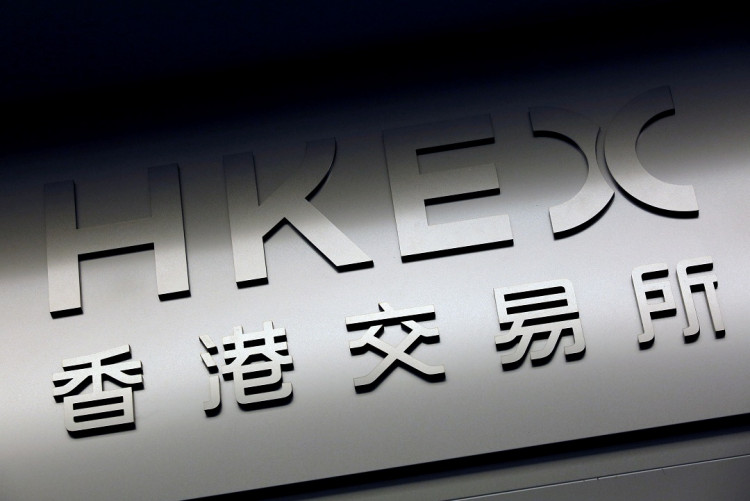A decision by the Trump administration within the year to restrict U.S. firms from investing in China and delist Chinese firms will redound to the benefit of Hong Kong and the Hong Kong Stock Exchange (HKSE), Asia's third-largest by market capitalization after Tokyo and Shenzhen.
On Sept. 27, various U.S. media outlets revealed the Trump administration intends to slash U.S. investments in China and delist Chinese stocks on Wall Street. The administration also plans to limit investments of U.S. government pension funds in the Chinese market.
Trump administration sources quoted by media said both these moves are in their preliminary stages and nothing has been decided. No time has also been set for the implementation of these restrictions.
Trump administration sources said a ban on U.S. investments in Chinese firms is supposed to protect U.S. investors from excessive risk due to the absence of strong regulatory protections in China.
Analysts believe these U.S. moves might see both Chinese and U.S. firms flock to list at the HKSE and the Shenzhen and Shanghai stock exchanges. These curbs, however, will also inflict pain on both the Chinese and U.S. markets.
"It would ... hurt everyone," said Ringo Choi, Asia Pacific IPO leader for multinational services firm EY (Ernst & Young).
"But if they did do that, I think a lot of companies will come to Hong Kong, plus list in domestic markets like STAR board.
The STAR board is China's NASDAQ-style tech board launched in July. It's officially the Science and Technology Innovation Board, or "STAR Market."
HKSE will be the main beneficiary if the Trump administration delists Chinese firms now trading on Wall Street. Proceeds from initial public offerings (IPOs) at HKSE plummeted 46.8 percent compared to the same period in 2018, according to data from Refinitiv. The number of HKSE IPOs is also the lowest since 2017.
Singapore-based DBS Bank says Chinese companies have several listing options, including HKSE.
"Since Chinese stocks have several alternative listing options, ranging from London to Hong Kong to the ever-burgeoning on-shore market, losing access to the US would be negative but not devastating," said Philip Wee and Eugene Leow, who are strategists at DBS Bank.
Other analysts contend Trump's restrictions on investing in Chinese companies will only have a limited effect on China but will also hurt the U.S.
Restrictions such as delisting of Chinese stocks on Wall Street will send the message the "U.S. is not as open as before. It's going to have a fairly far-reaching impact," noted Ning Zhu, professor of finance at Tsinghua University in Beijing to CNBC.






